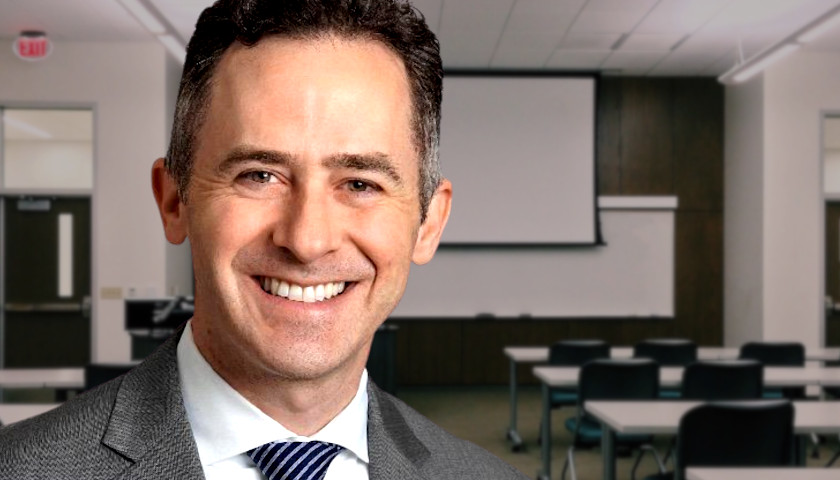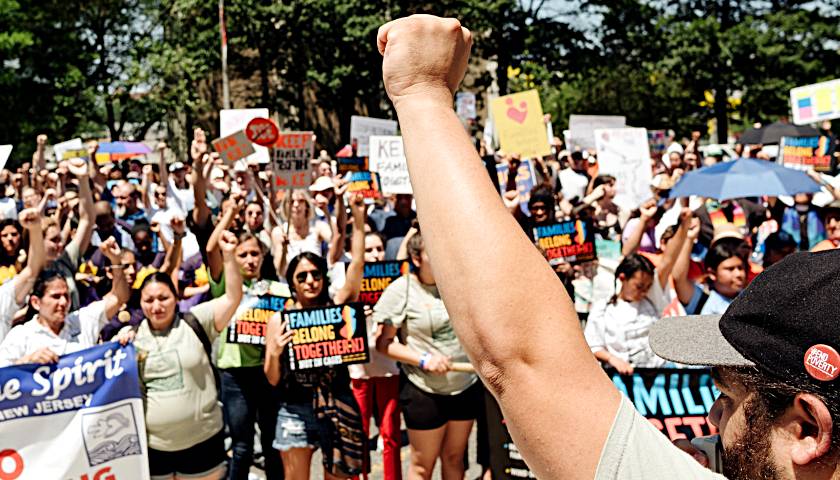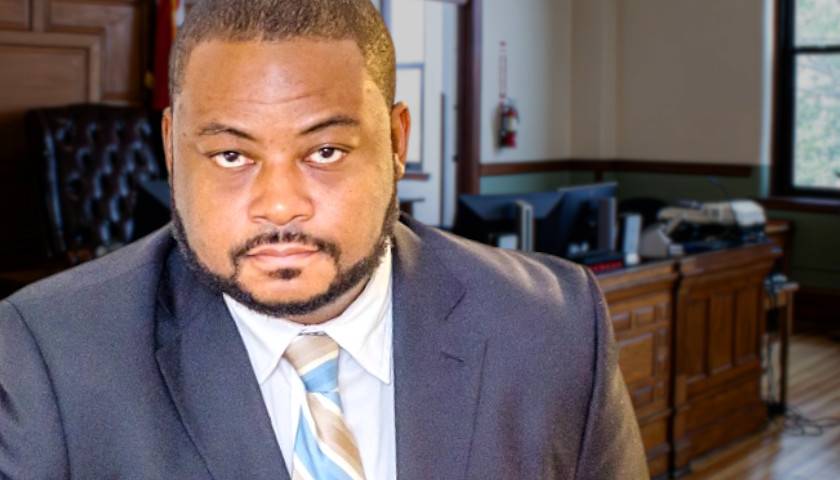Richmond Public Schools (RPS) Superintendent Jason Kamras told reporters that he doesn’t expect RPS to reopen even after winter break, unlike Henrico and Chesterfield Counties, according to reporting from WTVR. The two neighboring counties recently announced plans to begin allowing students back into classes over the next few months.
“With increasing infection rates and the direction things seem to be heading, not just locally, but nationally, I am not optimistic, at this point, that we would be able to come back in person,” Kamras said at a Wednesday COVID-19 press conference with other Richmond officials, according to WTVR.
“Richmond is not Henrico and it is not Chesterfield,” Kamras said according to WTVR. “We are very different places.”
If Richmond’s schools don’t reopen by mid-March 2021, they will have been closed a full year.
Heritage Foundation Senior Policy Analyst Jonathan Butcher said this is a problem that major districts across the country are facing, but that these districts should have developed better plans during the summer.
“With the evidence that we’ve got, I think both students as well as educators have not seen inordinate rates [of infection,] in fact they’ve seen remarkably small and modest rates of transmission and infection so far,” he added.
Even before COVID-19, RPS struggled with poor graduation rates. Three weeks ago, The Richmond Free Press reported that in 2019, 71 percent of seniors graduated. For 2020, that became a 71.6 percent graduation rate for the district and a 23.2 percent drop out rate, 5 times the state average.
The Richmond Free Press also reported that the district’s absentee rate has climbed to 21.2 percent, defined as the number of students who have missed two or more days of school.
Butcher said it’s hard to know for sure what extended virtual learning’s long term effects will be. He said districts that already have a concentration of low-performing students may be at greater risk.
“Places that have a lot of urban areas, high-poverty areas, all of the things that we know around those schools, they do struggle, and I think we do run the risk of setting these students back, not just in their academic careers but also for the rest of their lives,” he added.
Butcher said virtual learning doesn’t have to be an educational liability, but schools need to bring a level of academic rigor and consistency. He said older, established virtual learning programs like Kahn Academy work better. Subjects like math and reading that build on previous skills are especially hard to teach in an inconsistent learning environment.
Butcher said, “If students are struggling now, if they’re set back two semesters, effectively a year, and then that will make it harder for them to finish, which will make them less prepared for either the career that they choose after or going to college, you’ve set up a bit of a domino effect here.”
“You’ve really put students in a very vulnerable spot,” Butcher said. “And the students of course who are the most at risk are the ones who were already there, the students who were already struggling.”
– – –
Eric Burk is a reporter at The Virginia Star and the Star News Digital Network. Email tips to [email protected].
Photo “Jason Kamras” by Richmond Public Schools.






